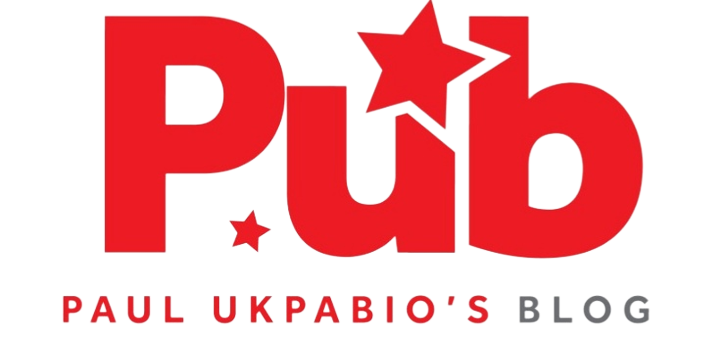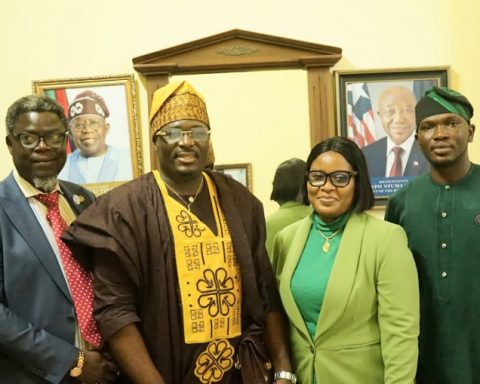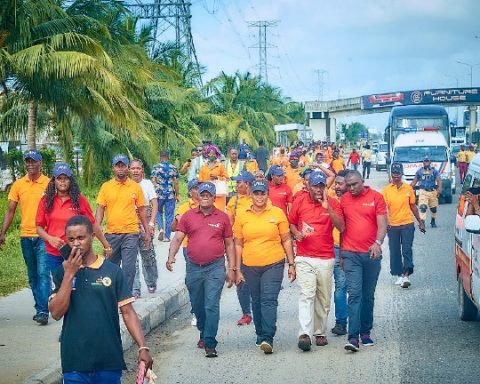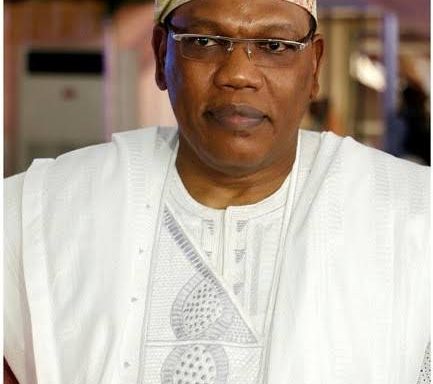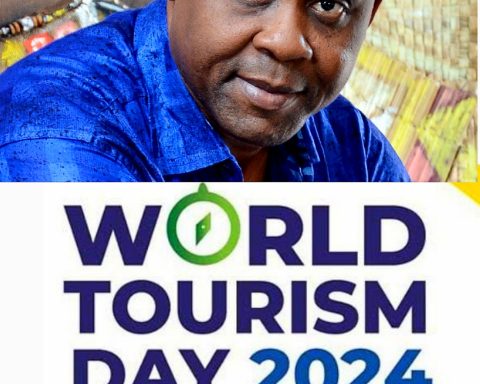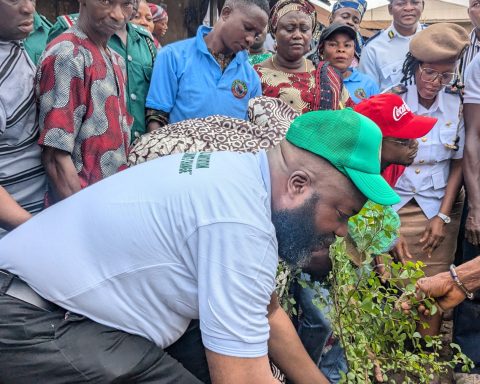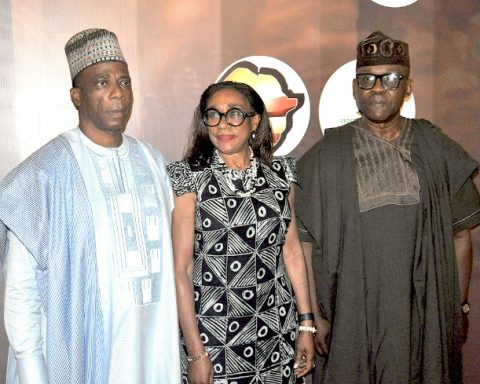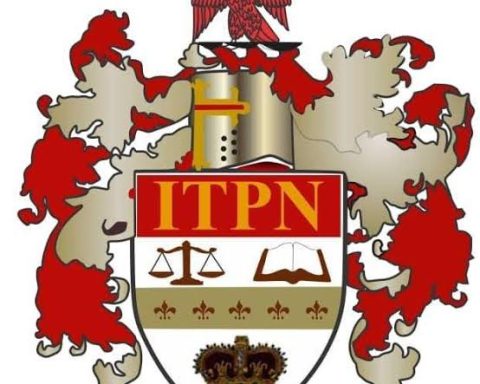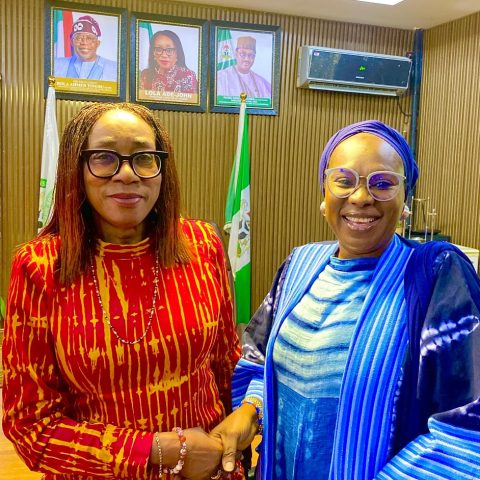
Otunba Olawanle Akinboboye this week says he would be focusing on a tourism product known as ‘Cruises’ .
According to him, the cruise industry is a significant sector within the wider international travel and tourism sector.
Otunba Akinboboye noted that, when someone speaks about going for a cruise, they are typically referring to a voyage on a body of water that is taken for pleasure or as a holiday. These cruises take place on rivers, lakes or in the ocean and usually involve stopping at several scenic places along their route .
A total of 323 cruise ships are currently in operation globally. There are 51 ocean and 27 river cruise lines in the world.
Otunba Akinboboye observed that ocean going cruise ships, which on average host up to 3000 passengers, are organized like floating hotels, with a complete hospitality staff, in addition to the usual ship’s crew.
Passengers stay in cabins which are set up like hotel rooms modified to take account of the fact that they are on the sea.
Traditionally, the ships’ restaurants organize two dinner services daily with passengers allocated a set dining time for the entire cruise. A recent trend however is to allow diners to dine whenever they want. Besides the dining room, modern cruise ships often contain one or more casual buffet-style eateries. They also have shops, spas and hairdressing salons.
Many modern cruise ships provide leisure facilities that include water parks with multiple pools, water slides, and splash pools, basketball courts, mini-golf courses, rock climbing walls, and even ice-skating rinks.
Otunba Akinboboye observed that, in 2023, the aggregate passenger volume for cruises reached a record 31.7 million people, while the industry supported over I million jobs. The cruise sector also generated N25 billion in revenue. In 2021, 1.7M passengers cruised in the Caribbean region and the cruise industry is a valuable income generator for the islands in the Carribbean that have ports utilized by cruise ships. In this regard, from available statistics, cruise ship passengers spend on average US $65 in each port they visit. This suggests that , when a cruise ship with 3000 passengers calls at any port , the local economy benefits via an immediate US $195,000 income boost that goes directly to local vendors .
Otunba Akinboboye disclosed that although cruise ships have sizeable overhead costs — which include travel agent commissions, fuel, marketing, and payroll — the large number of people carried in the ships yield handsome net margins of 17%, nearly double the average of some comparably large hotel chains.
Most ocean going cruise ships sail the Caribbean or Mediterranean. Others operate in places like Alaska, the South Pacific and the Baltic Sea. However, surprisingly, cruise ships do not currently ply routes linking the Americas and / or the Carribbean directly to West Africa.
Otunba Akinboboye said that while he was aware that some cruises were taking place in Nigeria, they were mainly limited to inland water such as the Lagos lagoon and were typically day cruises. The large ocean going vessels that carry 3000 or more passengers do not visit Nigeria as part of their cruise journeys because hitherto, our ports were not deep enough to berth these mega ships. However, with the advent of the Lekki Deep Sea port, that dynamic has changed.
Otunba Akinboboye then spoke about a cruise product being promoted by Motherland Beckons, an organization he founded. He observed that this product leverages off the Ipada initiative, which initiative is focused on reconnecting people of African heritage in the diasporas with the continent of Africa, for tourism and business purposes, using Lagos as a gateway to the continent.
He noted that the specially curated Ipada cruises were designed to leverage off our shared history of the trans – Atlantic slave trade, when millions of Africans were transported as slaves to the Americas and the Caribbean, never to see their home continent again.
The Ipada cruises would give the descendants of these African slaves the opportunity to experience the journey undertaken by their enslaved ancestors, but this time in reverse, so that their destination was Africa and ‘ freedom’.
Traveling under the slogan ‘From Slave Ships to Cruise Ships‘ the cruises offered under the product would commence in the Caribbean and end at the Lekki Deep Sea port. Passengers could proceed from the Lekki Deep Sea Port to other destinations in Africa or could fly back to their current places of residence.
Otunba Akinboboye mentioned that he was excited to be involved in a product that he felt had so many economic and social benefits for Nigeria and Africa.
He also felt that other tourism entrepreneurs could take advantage of the product either via a direct involvement in the product or by providing products that were aligned with or of benefit to cruising and cruise ships.

